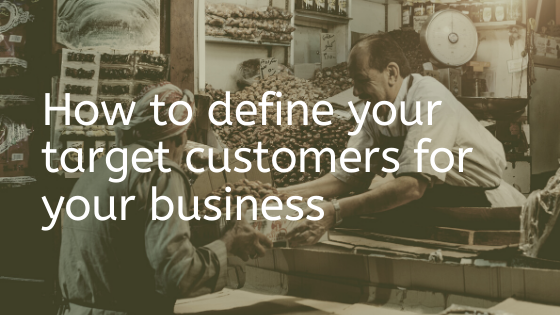Clearly defining who the customers you want to attract to your business will set up your marketing for success. Not doing it will cost you lots of money, time and frustration. Gary Halber in his book the Baron letter says the fastest way to grow a business is finding a starving crowd. That’s the aim of this article, to show you how you can clearly define your starving crowd. The people who would respond to your offer.
Who are your best clients/customers?
If you already operate a business who is the best type of client you have worked with. The ones that you don’t have to worry about, don’t question the quality of your work. Or don’t complain about everything.
For me as an audio engineer and producer, I was recording artistes that had a job and clearly knew how they wanted their music to sound. These artists pay on time, focus only on the music and are well prepared when they come to work with me. The rest are always trouble. They complain a lot and always have a story about why they forget to pay you. This is worst when you send tracks for feedback, they never respond.
Perry Marshall in his book 80/20 Sales and marketing says 20 per cent of your clients bring in 80 per cent of revenue. The other 80 per cent cause you most of the problems. Get rid of the ones that cause you to stress, and target the ones that bring in revenue.
To do that, pay attention to their profile, their interest and other things that can help you find them online as well as ou may learn more about your ideal customers.
What if you’re just starting out and have no paying customers?
The best thing to do is to assume and picture who you would like to work with and who would respond to your marketing message. This is simple if you examine the problem your product/service solves and flip it.
I help persons with __________ solve _________________. Anyone with that problem would be your ideal customer. You can also narrow down that statement further as well. Here are a few questions to think about:
- Where are your customers located?
- What interests do they have?
- What is their gender male/female?
- What is their income level?
- What problems do they have that your business solve?
These 5 questions can go a far way in helping you find the ideal customers for your business.
